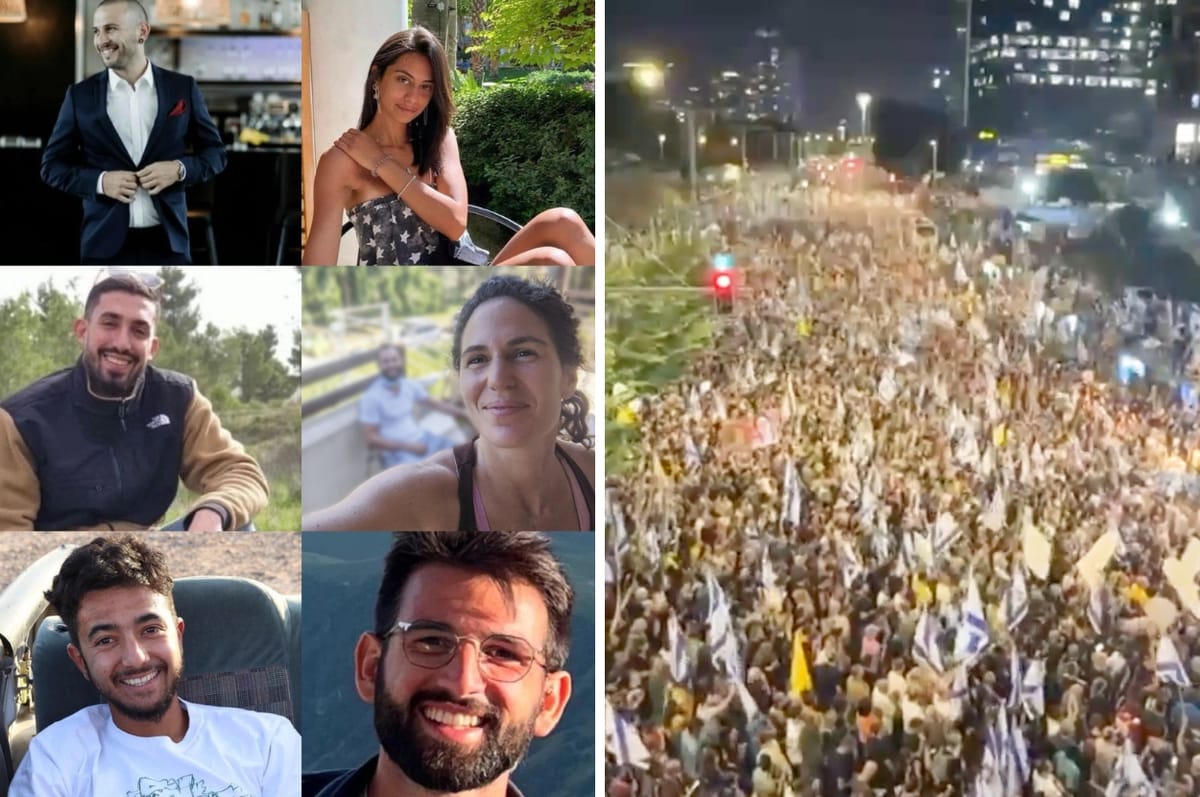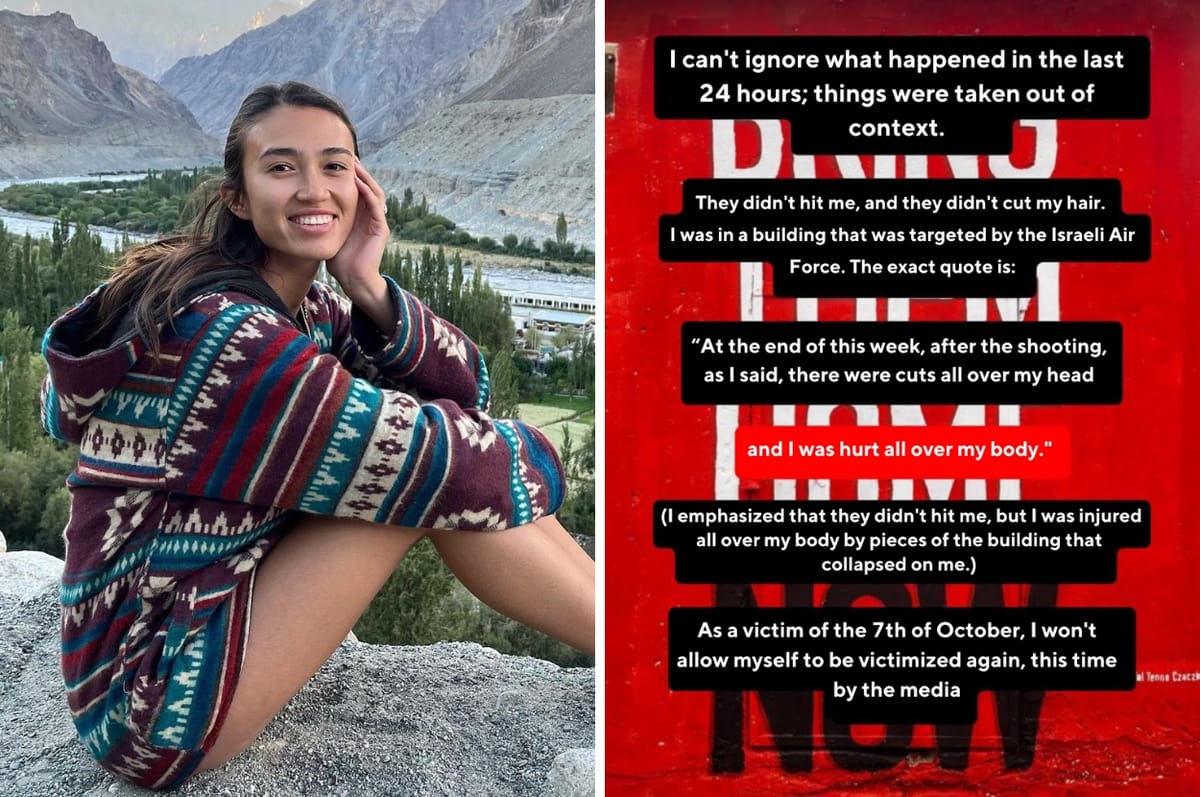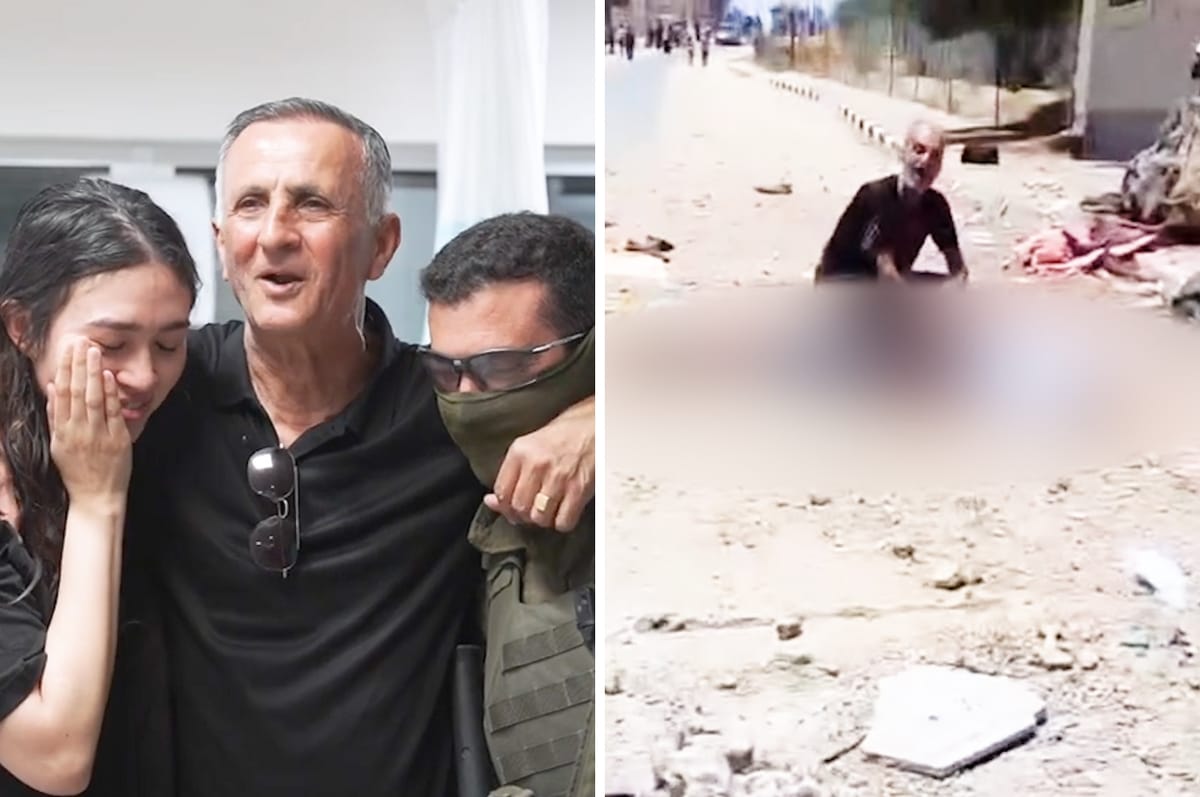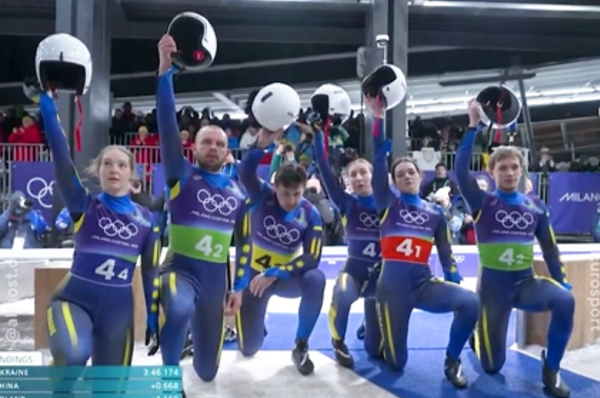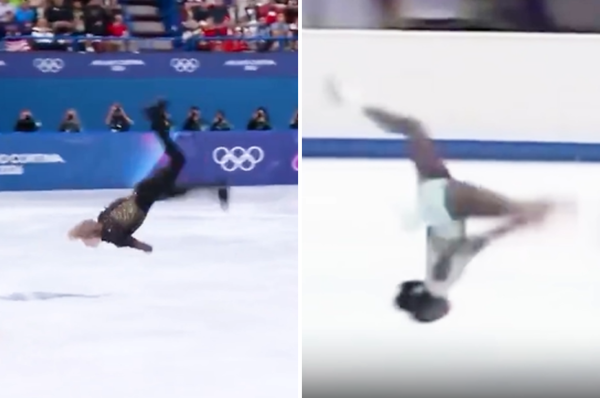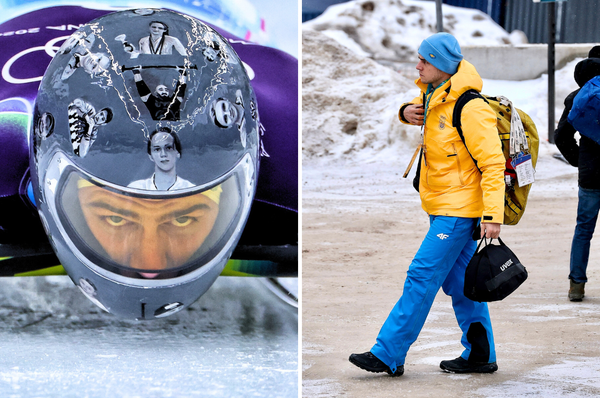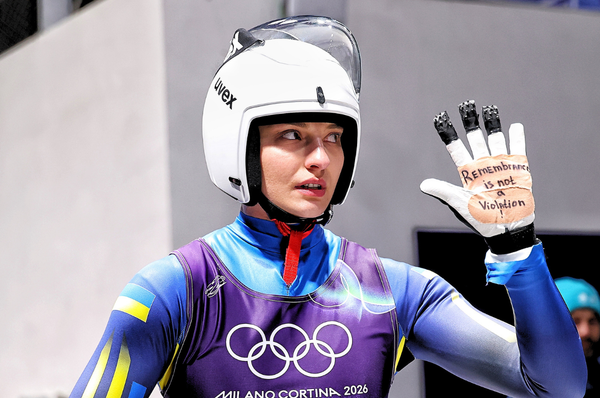Faced With Huge Protests, Netanyahu Asked For "Forgiveness" But Still Refused To End The War On Gaza
"Israel will not accept this massacre. Hamas will pay a very high price for that," Netanyahu said, adding that Hamas should be the ones to "make the concessions".
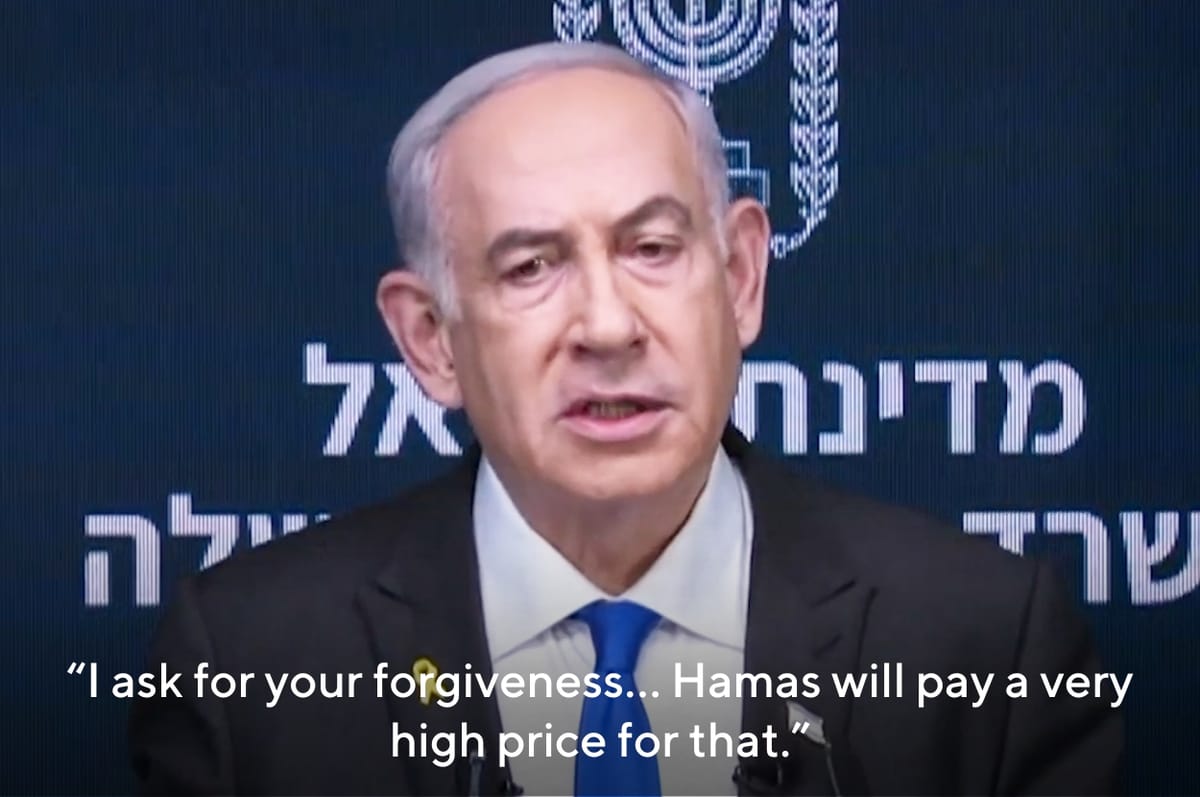
Faced with huge, unprecedented protests after another six Israeli hostages were killed, Israeli prime minister Benjamin Netanyahu has asked for forgiveness but continued to defend Israel's war on Gaza.
On Sunday Aug. 31, the Israeli military said it had found the bodies of six Israeli hostages in a tunnel near Rafah in Gaza.
The hostages were identified as 23-year-old Israeli-American Hersh Goldberg-Polin, 25-year-old Ori Danino, 24-year-old Eden Yerushalmi, 27-year-old Almog Sarusi, 33-year-old Alexander Lobanov and 40-year-old Carmel Gat.
The Israeli military said that the hostages had been killed shortly before they arrived.
Three of the hostages had been scheduled to be released as part of a ceasefire deal that was discussed in July but was delayed by Netanyahu, Israeli officials told CNN.
Following the news, Netanyahu shared a pre-recorded video saying that he was shocked by the "terrible cold-blooded murder of six of our hostages."
He went on to say that Israel would continue its war in Gaza until it had eliminated Hamas, blaming Hamas for refusing a ceasefire deal.
Netanyahu added that the Israeli government and he, personally, are are “committed to continue working towards a deal that will bring back all our hostages and guarantee our security and existence.”
The Hostages Families Forum, which represents the families of the hostages, slammed Netanayhu's statement, demanding him to “stop blaming everyone” and to “take responsibility” for his failures.
“Take responsibility for the thwarting (of a deal). Take responsibility for the neglect. Take responsibility for the hostages who were murdered in captivity,” the Forum said in a statement.
“Hamas is not the only one responsible for the thwarting of the deal. We do not expect the terrorist (Hamas leader Yahya) Sinwar to want to return the hostages, we expect the Prime Minister of Israel to do everything, everything, everything in order to return the hostages home," it said.
News of the new hostage deaths drew widespread anger across Israel.
Mass protests began erupting across the country on Sep. 1, and Israel's largest labor union, Histadrut, called a general strike to shut down the "entire" economy on Sep. 2.
“We are in a downward spiral, and we don’t stop receiving body bags,” Histadrut's chairman said. “Only a strike would shock, and that’s why I’ve decided that starting tomorrow at 6 in the morning, the entire Israeli economy will shut down.”
According to the Forum, more than 700,000 people, including 550,000 in Tel Aviv, took to the streets across the country, demanding an immediate ceasefire in Gaza and for the remaining hostages to be safely returned.
The demonstrations were the largest anti-government protest in Israel since Israel declared war on Hamas on Oct. 7
The strike shut down schools, offices, and even the main airport for several hours.
However, the Tel Aviv labor court ordered the strike – which was scheduled until 6pm – to end at 2:30pm, ruling that it was politically motivated and had not been called for economic reasons, according to the Guardian.
The Israeli Health Ministry later said an autopsy found that the hostages had been shot at close range and died on Thursday or Friday.
Hamas said on its official Telegram that "Netanyahu and Israeli forces alone bear full responsibility for the killing of the hostages after deliberately obstructing any deal for the exchange of hostages for their narrow interests, in addition to their intentional killing of dozens of them through direct airstrikes."
It added that Netanyahu's insistence on war, instead of reaching a deal, means the hostages "will be returned to their families in coffins, and their families must choose whether they want them dead or alive."
Faced with the protests, Netanyahu held a press conference on Monday Sep. 2, when he asked for "forgiveness" but insisted on continuing the war.
"I told the families and I say it again this evening: I ask for your forgiveness for not succeeding in bringing them back alive. We were close but we didn't succeed," he said.
"Israel will not accept this massacre. Hamas will pay a very high price for that," he said, adding that Hamas should be the ones to "make the concessions".
More On Israel's Genocide In Gaza
